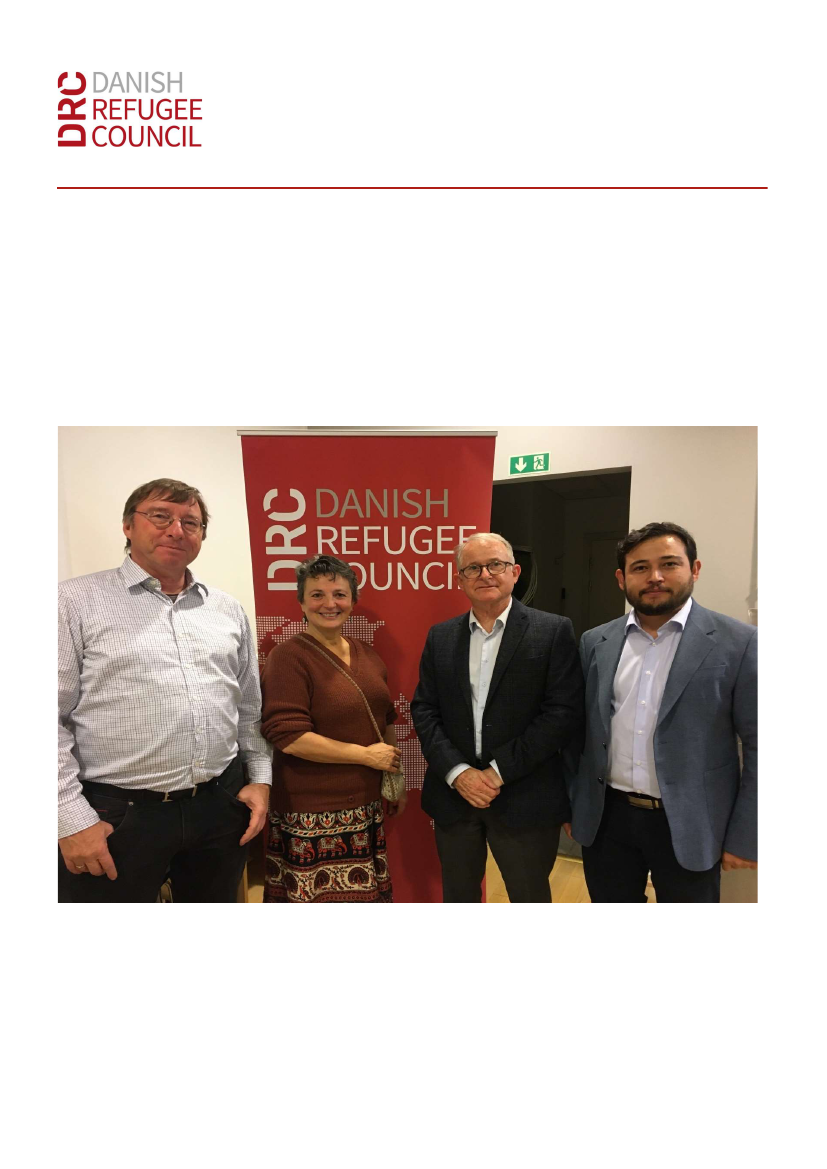
Afghanistan conference
28 November 2022 – Copenhagen, Denmark
Afghanistan conference
The Human Rights Situation after August 2021
Danish Refugee Council
| Borgergade 10, 3. | DK-1300 Copenhagen | Phone.: 3373 5000 | [email protected] |
www.drc.ngo